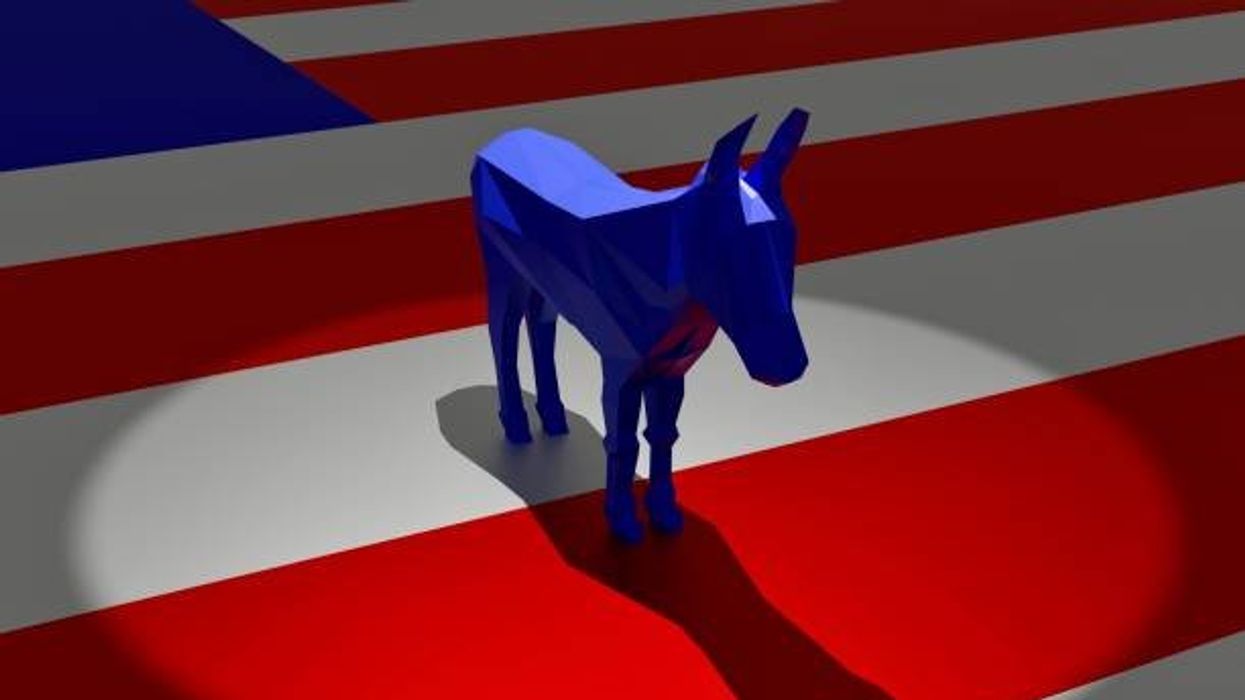“Democrats Get Lowest Rating From Voters in 35 Years” — the Wall Street Journal’s recent headline has sent ripples through the political landscape, highlighting a dramatic erosion in public perception of the Democratic Party.
According to the Journal’s poll, 63% of voters now hold an unfavorable view of the party, marking the lowest approval rating since 1990.
The poll paints a stark picture:
- Only 33% of voters view Democrats favorably, with just 8% expressing a “very favorable” opinion.
- Democrats are now viewed less favorably than both President Donald Trump and the Republican Party, despite their own poor ratings.
- Voters increasingly describe the party as “weak,” “out of touch,” and lacking a clear economic message.
Despite widespread voter concerns over Trump’s and GOP’s economic policies—including inflation, tariffs, and foreign policy—a majority still trust Republicans more than Democrats to address these issues in Congress.
Polling shows disapproval of the administration’s inflation management outweighs approval by 11 points. Yet Republicans hold a 10-point advantage over Democrats as the party voters trust most to tackle inflation.
Democratic pollster John Anzalone bluntly stated, “The Democratic brand is so bad that they don’t have the credibility to be a critic of Trump or the Republican Party”.
The WSJ poll follows the sobering poll from Unite the Country, a Democratic super PAC, revealing a deepening crisis of confidence in the Democratic Party among voters — a trend that has intensified since the 2024 election.
According to the poll, conducted between May and June and obtained by The Hill, voters increasingly view the party as “out of touch,” “woke,” and “weak”.
These descriptors reflect a growing disconnect between Democratic messaging and the concerns of key constituencies, including white men, Hispanic men, and working-class voters — all of whom now rate the party below 35% favorability.
The Democratic Party’s losses in the 2024 presidential, House, and Senate races have left it in a state of strategic disarray. Despite efforts to regroup through focus groups, internal polling, and strategy sessions, the Unite the Country survey suggests the party has yet to recover its footing. Enthusiasm among Democratic voters remains low, and donors have reportedly pulled back support due to a perceived lack of vision.
Democratic strategists like Rodell Mollineau, senior adviser to Unite the Country, argue that the party must “meet voters where they are” — prioritizing economic issues like healthcare, education, and housing over ideological battles. The poll also suggests that the party’s emphasis on defending democracy, while resonant internally, may not be enough to win back swing voters.
Steve Schale, CEO of Unite the Country, expressed frustration over missed opportunities to counter the Trump administration’s agenda, including the rollout of the so-called “big, beautiful bill.” He emphasized the need for a “different kind of vision” that speaks to voters’ material concerns.
With the 2026 midterms looming, Democratic leaders face a pivotal moment. Rebuilding trust with voters — especially working-class and minority communities — will be essential. As DNC Chair Ken Martin put it, “When you hit rock bottom, there’s only one direction to go, and that’s up”.
Whether this marks a temporary dip or a long-term shift in the political tide remains to be seen. But one thing is clear: the Democratic Party must recalibrate its message, reconnect with its base, and redefine its role in a rapidly evolving electorate.
While The Wall Street Journal’s polling shows Donald Trump’s favorability rating remaining steady early in his second term, other recent surveys indicate significantly lower approval numbers for the president.
The Wall Street Journal surveyed 1,500 registered voters via landline and cellphone from July 16–20. The poll has a margin of error of ±2.5 percentage points.
Hugo Balta is the executive editor of the Fulcrum, and the publisher of the Latino News Network.




















Trump & Hegseth gave Mark Kelly a huge 2028 gift